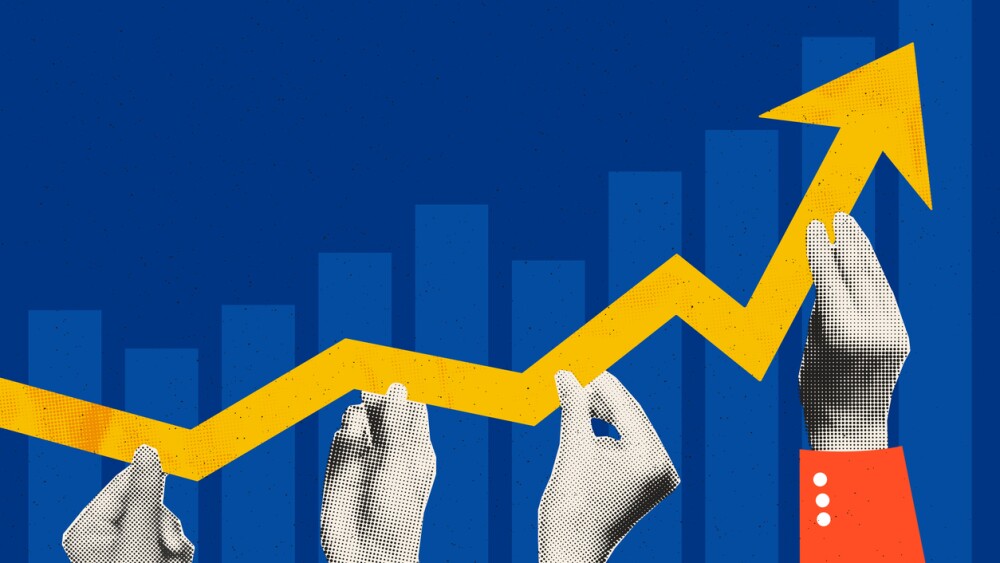BioMarin Pharmaceuticals on Monday said it is restricting sales of its hemophilia A gene therapy to three countries in an effort to reduce costs and help the treatment become profitable by 2025.
BioMarin on Monday unveiled changes to its commercial strategy for hemophilia A gene therapy Roctavian (valoctocogene roxaparvovec-rvox) as the company treated only five patients and generated $7 million in sales.
Under a new marketing plan, BioMarin will focus its Roctavian efforts on just three markets—the U.S., Germany and Italy—where the gene therapy is approved and is reimbursed. According to the company, Roctavian’s expansion into other markets will depend on its performance in these three territories.
“By rightsizing our resourcing, we are creating a path for Roctavian to contribute to our profitability while still providing full support to patients,” BioMarin CEO Alexander Hardy said in a statement. At the same time, the company said it will provide continued support and monitoring to patients who had been given Roctavian either commercially or in clinical trials.
BioMarin expects to lower its annual direct Roctavian expenses to around $60 million starting in 2025, by the end of which the company expects the gene therapy to be profitable. The company will not enroll participants into its clinical development programs for Roctavian. Instead, it will continue to generate long-term safety and efficacy findings from study participants who are already under treatment.
Stifel analyst Paul Matteis in a note to investors wrote “we think significant cost discipline here—with commitment to making the franchise profitable—will generally be well-received,” despite some investors expressing that they would have preferred BioMarin “outright divest” the gene therapy.
Currently, BioMarin has enough supply of Roctavian to meet its anticipated demand so the biotech has temporarily put its gene therapy production facility “in an idle state” until additional production is needed, according to the company.
Designed for one-time administration, Roctavian is an AAV-delivered gene therapy that restores patients’ ability to produce factor VIII, a clotting protein mutated to be dysfunctional in hemophilia A. In the absence of functional factor VIII, hemophilia A patients suffer from bleeding in muscles and joints.
The FDA approved Roctavian in June 2023, making it the first-ever gene therapy for hemophilia A. At the time, BioMarin gave the gene therapy a price tag of $2.9-million price.
However, since winning approval, Roctavian has had trouble generating sales. In its full-year 2023 report, the biotech announced that three patients had been given Roctavian and recorded $2.7 million in revenue associated with the gene therapy.
In Q1 of this year, Roctavian made just $0.8 million, held back by what BioMarin called “reimbursement and market access challenges” which hindered patients and other interested parties from receiving the treatment.






